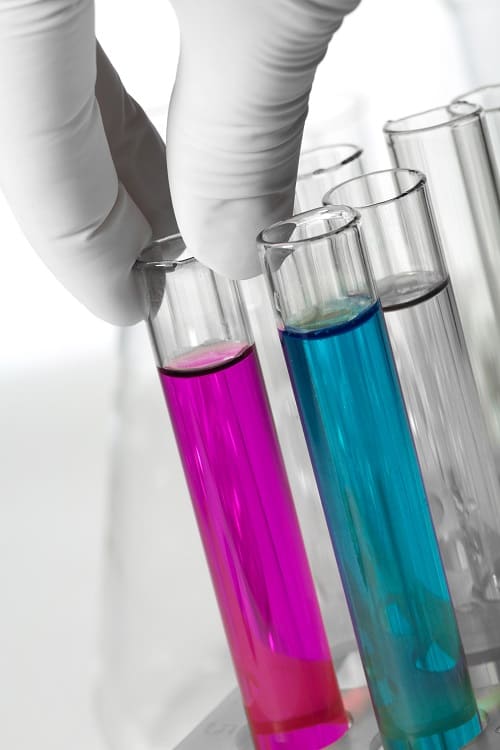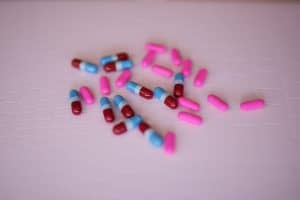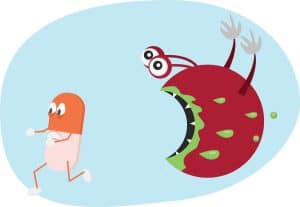
Modified antibiotic shows big promise against drug-resistant bacteria
pharmafile | May 30, 2017 | News story | Research and Development | antibiotic resistance, vancomycin
Scientists at The Scripps Research Institute (TSRI) have succeeded in reengineering vancomycin – a widely-used antibiotic – in order to boost its effectiveness in the face of the rising threat of antibiotic-resistant infection. It is estimated that the new version of the drug is up to one thousand times more powerful than the original iteration.
According to WHO, antibiotic resistance is one of the biggest global health threats facing the world today – many major diseases are now becoming resistant to conventional treatments, with tried-and-tested drugs being rendered ineffectual. One such infection is vancomycin-resistant enterococci (VRE) – so-called as the now-60-year-old drug no longer affects it – which can infect wounds and the bloodstream.
The team at TSRI set out to restore the potency of vancomycin throughout the investigation: “We made one change to the molecule vancomycin that overcomes what is the present resistance to vancomycin,” Lead researcher Dr Dale Boger explained, “and then we added two small changes that built into the molecule – two additional ways in which it can kill bacteria. So the antibiotic has three different ‘mechanisms’ by which it kills bacteria, and resistance to such an antibiotic would be very difficult to emerge. So it’s a molecule designed specifically to address the emergence of resistance.”
As the first-ever antibiotic to present three separate modes of action, the researchers found that the new vancomycin was able to kill VRE in the lab while maintaining effectiveness for up to 50 rounds of exposure. Not only that, but the greatly increased potency also means that less of the drug is needed to treat infection.
“This increases the durability of this antibiotic,” continued Dr Boger. “Organisms just can’t simultaneously work to find a way around three independent mechanisms of action. Even if they found a solution to one of those, the organisms would still be killed by the other two.”
“Doctors could use this modified form of vancomycin without fear of resistance emerging,” he added. However, the reengineered antibiotic has only been tested in the lab, and it is unknown how effective it will prove in human and animal subjects. The team is now working to simplify the synthesis process of the new molecule, which currently takes 30 steps to create in the lab.
Matt Fellows
Related Content

Scientists use AI to find new antibiotic to fight superbug
Scientists at McMaster University and the Massachusetts Institute of Technology (MIT) have utilised artificial intelligence …

London’s water contains high levels of antibiotic-resistant genes, UCL research reveals
Research from University College London has warned that freshwater sources in the English capital of …

The global rise in antibiotic resistance threatens infection prevention and cure
Dr Bill Love, Founder and Chief Scientific Officer of Destiny Pharma, discusses the rise of …








